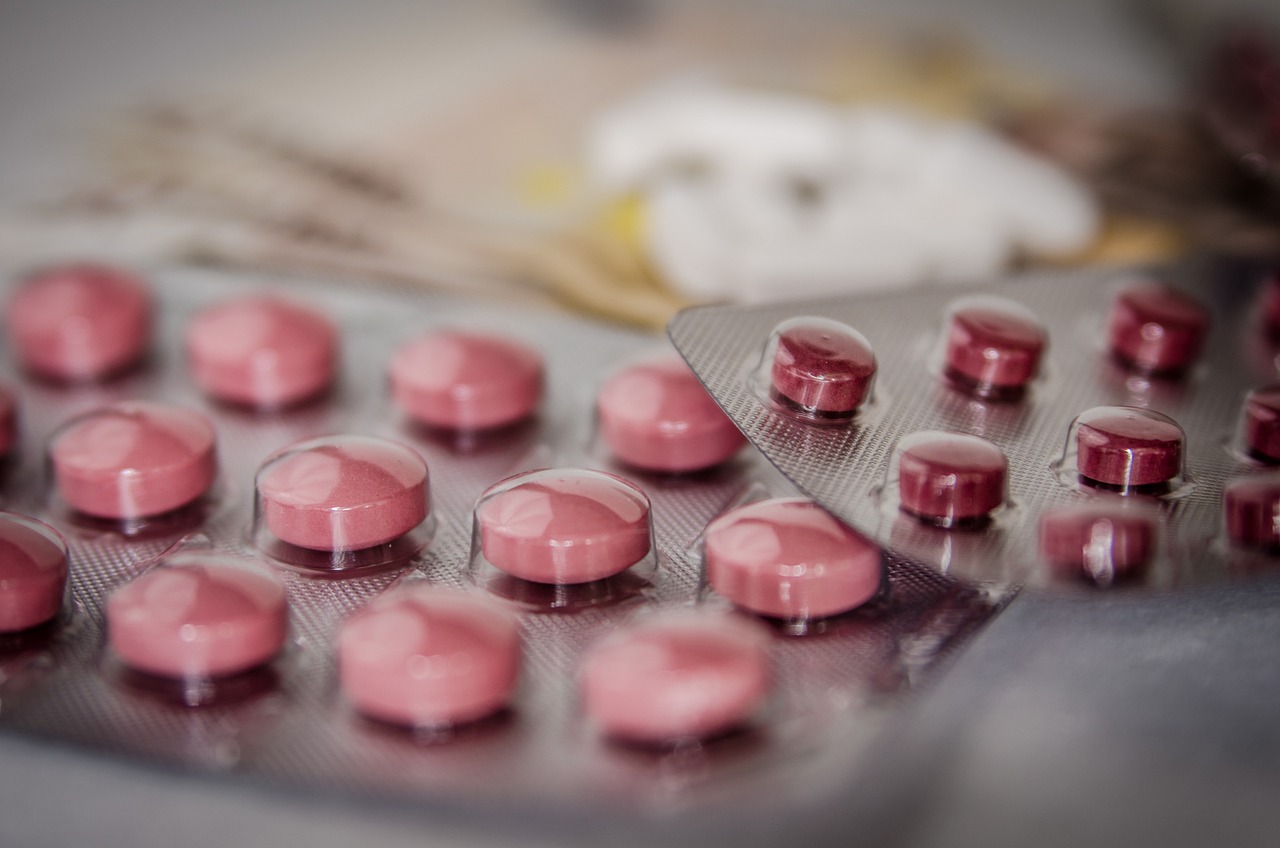Doctors use Isotretinoin, commonly known as Accutane, to treat severe acne that hasn’t responded to other treatments. It is a derivative of vitamin A and works by reducing the production of sebum, the oily substance that can clog pores and lead to acne. In this article, we will explore the uses, benefits, side effects, and precautions of isotretinoin.
Understanding Isotretinoin
Patients take it orally, usually once or twice a day, for several months. It is highly effective in treating severe acne, including nodular acne and cystic acne, which can be painful and disfiguring. It is reserved for cases where other acne treatments have failed, due to its potential for serious side effects.
Uses of Isotretinoin
Isotretinoin is primarily used to treat severe acne that has not responded to other treatments. It is particularly effective in treating nodular acne, which consists of large, painful lesions deep within the skin. It works by reducing the size of the sebaceous glands and the amount of sebum they produce, which helps to prevent the formation of new acne lesions.
Benefits of Isotretinoin
One of the main benefits of isotretinoin is its effectiveness in treating severe acne. Clinical studies have shown that it can significantly reduce the number of acne lesions and improve the overall appearance of the skin. It is also effective in preventing the formation of new acne lesions, making it a long-term solution for many people with severe acne.
Side Effects and Precautions
Isotretinoin can cause a range of side effects, some of which can be serious. The most common side effects of isotretinoin include dry skin, chapped lips, and dry eyes. Other side effects can include muscle aches, joint pain, and changes in liver function. It can also cause birth defects if taken during pregnancy, so it is important for women of childbearing age to use effective contraception while taking it.
Conclusion
In conclusion, it is a highly effective medication for the treatment of severe acne. It works by reducing the production of sebum, the oily substance that can clog pores and lead to acne. Doctors reserve it for cases where other acne treatments have failed due to its potential for serious side effects. If you have severe acne that has not responded to other treatments, talk to your healthcare provider to see if it may be right for you.

